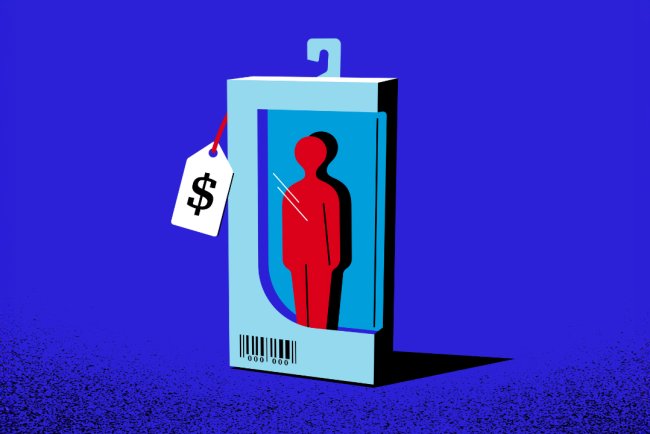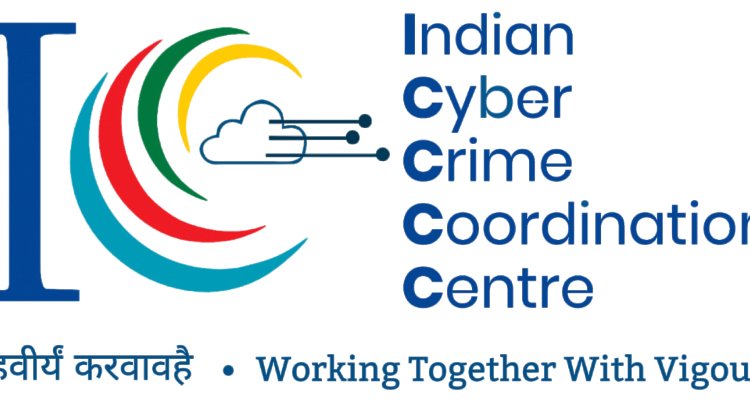Data Wars: How India is Challenging WhatsApp’s Digital Empire
Discover how India’s regulators are taking on WhatsApp in a battle over data privacy, market power, and digital sovereignty. Explore the privacy policy controversy, competition concerns, and what this means for India’s digital future.
A Clash Beyond Messaging
The battlefield is India—the world’s fastest-growing digital economy. At the centre of the storm stands WhatsApp, Meta’s crown jewel, connecting over 500 million Indians. Once a simple chat app, it has evolved into a digital powerhouse, handling everything from voice and video calls to business transactions and digital payments.
But with such dominance comes suspicion. India’s regulators now view WhatsApp not as a harmless convenience, but as a potential threat to privacy, competition, and national sovereignty. This confrontation is no longer about texts and emojis—it’s about who controls India’s digital destiny.
WhatsApp’s Indian Stronghold: From Chat App to Digital Superpower
In India, WhatsApp is more than an app—it’s infrastructure. Families share photos, shopkeepers send bills, students form study groups, and businesses close deals, all within the green chat bubbles. Its foray into payments through WhatsApp Pay threatens to give Meta a foothold in the country’s thriving fintech space, directly challenging homegrown giants like Paytm, PhonePe, and BharatPe.
This near-universal adoption gives WhatsApp an unparalleled grip on users’ daily lives. And that grip, regulators fear, may be used to edge out competitors and create a digital monopoly where one global company holds too much influence over India’s communications and commerce.
The Privacy Policy Bombshell: When Trust Was Shattered
The turning point came in 2021, when WhatsApp unveiled its updated privacy policy. The fine print revealed that user data could be more extensively shared with Meta for advertising and business integrations.
The fallout was explosive:
- Public outrage swept across India as users questioned whether their private conversations were truly safe.
- Court petitions accused WhatsApp of violating the constitutional right to privacy recognised in India’s landmark Puttaswamy judgment.
- The Competition Commission of India (CCI) opened investigations into whether WhatsApp was using its dominance to push users into accepting invasive terms.
For millions, the message was clear: WhatsApp wasn’t just connecting people—it was also collecting power through data.
Regulators Strike Back: India’s New Digital Guardrails
India has been steadily building its arsenal of digital laws to rein in Big Tech:
- The Digital Personal Data Protection Act (DPDPA) 2023: India’s first comprehensive privacy law, mandating consent, purpose limitation, and data protection safeguards.
- Competition Commission of India (CCI): Probing WhatsApp’s dominance and potential abuse of market power.
- IT Rules & Telecom Bill: Expanding the government’s regulatory reach over online platforms.
The message is unmistakable: in India, global tech giants will play by local rules or face legal firepower.
Market Power or Market Manipulation? The Trust Deficit Debate
The dispute isn’t just legal—it’s about ethics and power.
- WhatsApp’s Defence: The platform insists its features—end-to-end encryption, business tools, payments—empower users and small businesses.
- Regulators’ Counter: They argue that WhatsApp’s “take it or leave it” approach forces users into a corner, stripping away real consent.
This clash raises a fundamental question: Is WhatsApp using its dominance to innovate for users or to manipulate markets?
Encryption, Traceability, and the Security Dilemma
At the heart of India’s standoff with WhatsApp lies another thorny issue—traceability.
- WhatsApp’s Position: Its end-to-end encryption guarantees privacy, ensuring no one—not even WhatsApp—can read user messages.
- India’s Demand: Regulators argue that to curb crimes like fake news, terrorism, and cyber scams, platforms must enable message traceability.
This creates a paradox: protecting national security without breaking encryption is nearly impossible. The result is a deadlock, with WhatsApp warning that compliance could destroy privacy for billions, while India insists that law and order cannot be compromised.
The Global Stage: Big Tech vs. National Sovereignty
India’s clash with WhatsApp mirrors a global trend. Governments worldwide are challenging Big Tech’s influence:
- The EU’s Digital Markets Act (DMA) cracks down on anti-competitive practices.
- Australia forced tech giants to compensate local media for news content.
- Brazil and the U.S. are exploring stricter privacy and competition laws.
For India, however, the stakes are higher than most:
- It hosts one of the largest digital populations on Earth.
- It is building sovereign digital infrastructure like UPI and ONDC.
- It refuses to let foreign platforms dictate the terms of its digital economy.
This isn’t just about regulation—it’s about asserting digital sovereignty in the age of Big Tech empires.
What’s Next in the Battle for India’s Digital Soul?
The future of this battle will be shaped on multiple fronts:
- In Courts: Ongoing cases will decide whether WhatsApp’s policies align with Indian privacy laws.
- In Policy: New rules may demand more transparency, stricter compliance, and even data localisation.
- In Markets: WhatsApp Pay will face fierce competition from UPI-based apps deeply integrated into India’s economy.
- In Public Perception: Rebuilding trust with users who value privacy and fairness will be WhatsApp’s toughest challenge.

India’s Defining Moment in the Data Wars
The showdown between WhatsApp and India’s regulators is a battle of principles—privacy vs. security, innovation vs. regulation, global dominance vs. local sovereignty.
- If India succeeds, it will set a global precedent for how nations can discipline Big Tech and protect digital rights.
- If WhatsApp prevails, it will reinforce the narrative that tech giants remain untouchable digital empires.
Either way, the stakes are monumental. This fight will not just determine WhatsApp’s future in India but will shape the rules of engagement for the entire digital age.
One thing is certain: in the world’s largest democracy, the Data Wars have only just begun.
Follow cyberdeepakyadav.com on
Facebook, Twitter, LinkedIn, Instagram, and YouTube
What's Your Reaction?

























